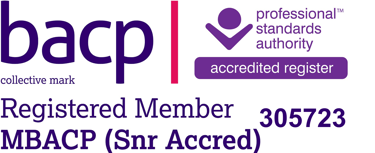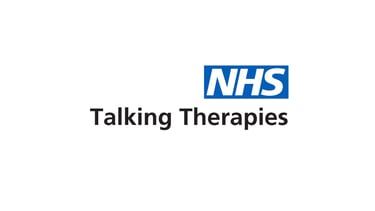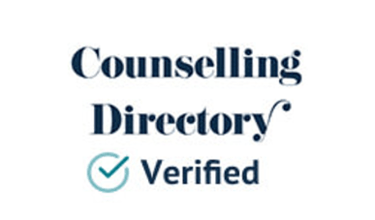Supervision That Supports You
Why a Relational Approach Matters


Supervision That Supports You: Why a Relational Approach Matters
Discover how relational clinical supervision creates a safe, collaborative, and supportive space for therapists. Learn why this approach matters for sustainable practice in the UK.
Clinical supervision is more than a professional requirement—it’s a space to reflect, grow, and feel supported in your work as a counsellor or psychotherapist. But not all supervision feels like that. If you’ve ever sat in a supervision session feeling judged, guarded, or like you had to perform, you’ll know just how crucial the quality of the relationship is. Good supervision is vital for the ripple effect that transcends through to our therapeutic relationships with out clients.
That’s where relational clinical supervision makes all the difference. Rather than a top-down or overly analytical model, relational supervision centres on trust, emotional safety, and collaboration.
In this blog, we’ll explore why a relational approach to counselling supervision in the UK can create a more meaningful and empowering experience—especially for therapists who value depth, authenticity, and reflective practice.
What Is Relational Clinical Supervision?
Relational clinical supervision focuses on the quality of the supervisory relationship as the foundation for effective supervision. It’s grounded in the belief that we learn and grow best within a safe, attuned, and respectful connection—just like in therapy itself.
Instead of a tick-box exercise, relational supervision is a space where you can:
Be honest about what’s going well and what isn’t
Explore uncertainty, emotional responses, and stuck points
Reflect on relational dynamics with clients (and with your supervisor)
Be vulnerable without fear of judgement
This approach acknowledges that therapists are human too. You bring your own relational patterns, internal narratives, and needs into the room—and supervision should be a place to work with that, not against it.
Here’s why supportive supervision for therapists grounded in relationship is so important:
1. Emotional Safety Encourages Honesty
In a relational supervision space, you don’t have to pretend you’ve got it all together. You can admit when you’re unsure, when a session didn’t go well, or when a client’s story has stirred something in you.
This honesty allows for deeper reflection and growth—and helps prevent burnout by giving you space to be real.
2. Supports Authentic Growth (Not Just Performance)
In some supervision spaces, therapists can feel pressure to be confident, competent, and knowledgeable at all times. This can stifle genuine learning. Relational supervision allows for growth that’s rooted in authenticity, not perfectionism.
You don’t have to perform; you just have to show up as you are.
3. Builds Resilience Through Connection
Therapists hold a lot—emotionally, energetically, and psychologically. Relational supervision offers a space to feel seen, supported, and accompanied. This kind of connection fosters resilience and keeps your passion for the work alive.
4. Deepens Relational Awareness
By paying attention to the dynamics within the supervision relationship itself, you gain valuable insights into how you show up in other relationships—including with clients. It’s a powerful mirror that helps you develop relational depth and integrity in your clinical work.
5. Promotes Sustainable, Ethical Practice
Relational supervision helps you stay grounded and resourced, which is essential for long-term, ethical practice. When you feel emotionally held, you’re more able to hold space for others—especially when working with trauma, complexity, or high risk.
What Does Supportive, Relational Supervision Look Like?
If you’re considering counselling supervision in the UK and want a more relational, human approach, here’s what to look for:
A supervisor who is warm, attuned, and collaborative
Space to explore both clinical material and your emotional responses
A willingness to reflect on power dynamics and relational patterns
Someone who values your unique way of working—not someone who tries to ‘fix’ or correct you
Relational supervision is a mutual process, built on respect and curiosity—not hierarchy or fear.
My Approach to Clinical Supervision
I offer relational clinical supervision to counsellors and psychotherapists across the UK. My style is grounded, compassionate, and affirming. I believe supervision should feel like a soft landing—a space where you can reflect deeply, be vulnerable, and grow in confidence and clarity.
I have particular experience supporting:
Therapists working in integrative and relational modalities
LGBTQIA+ counsellors and those working with gender and sexuality
Neurodivergent therapists and those supporting neurodivergent clients
Practitioners navigating burnout, vicarious trauma, and ethical complexity
If you’re looking for supportive supervision for therapists that honours who you are and how you work, I’d love to hear from you.
Ready to Feel More Supported in Supervision?
Whether you’re newly qualified or decades into your practice, it’s never too late to find supervision that feels genuinely supportive.






